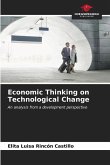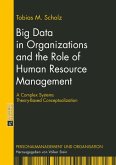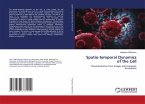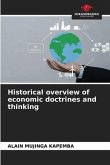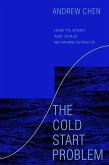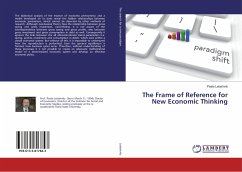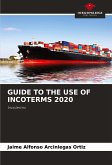At present, there is more concern about the substitution of the human being by 'Artificial Intelligence' than about the construction of new methods of analysis and conceptualization. This is not new, since in the course of history there has been the emergence of that which is the criterion of truth for what is studied, a kind of validating filter of knowledge where in the beginning it was God, then the absolute Reason of man and now, the Data. In this book-manifesto we will make a narrative of how we have arrived at what we have defined as "Datacentrism", because while the works of dataistic robustness -as Byung Chul-Han would indicate- focus on problems that meet Hadamard's criteria, complex problems do not fit those premises. These problems lack existing, unique solutions, static conditions and continuous data, which highlights in these cases the superiority of resolution of human organic intelligence over artificial intelligence, knowing how to differentiate the advantages between Neural intelligence vs Digital Computing. Concluding that: the human is inevitable, and the process is perfectible.
Bitte wählen Sie Ihr Anliegen aus.
Rechnungen
Retourenschein anfordern
Bestellstatus
Storno


